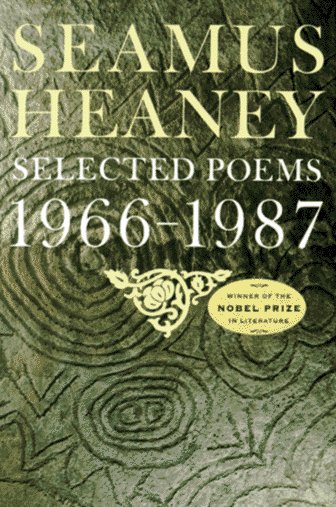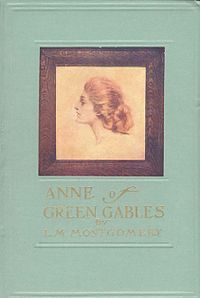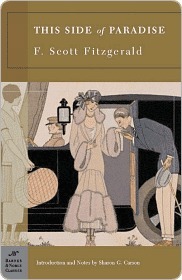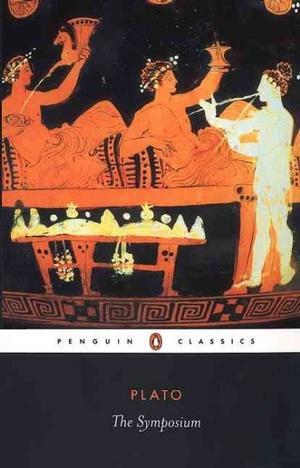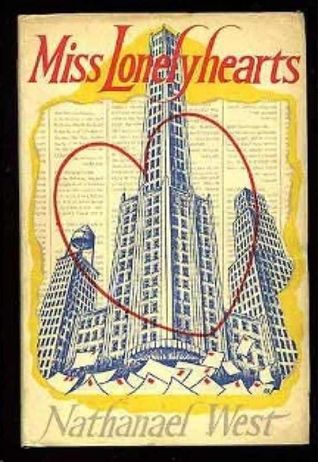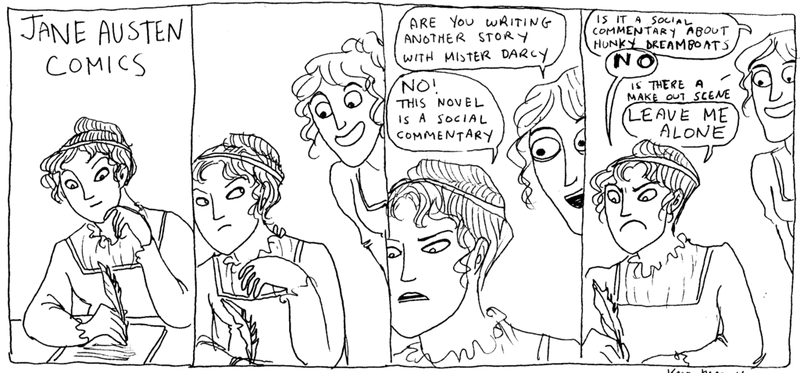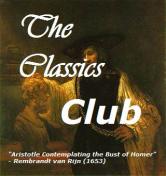 The Classics Club is organising a spin again! A list of 20 classics to read, all ordered in a nice list, and on Monday, there will be a spin, and whichever number is picked, this book I'll read by January 2014 - Let's go!
The Classics Club is organising a spin again! A list of 20 classics to read, all ordered in a nice list, and on Monday, there will be a spin, and whichever number is picked, this book I'll read by January 2014 - Let's go!My Spin list, by order of feeling:
My dreaded
2. Goethe - Faust (I'll either love it or hate it...)
3. Sueskind - Das Parfum (I've seen parts of the movie, and I was slightly nauseous...)
4. Kafka - Der Prozess (I really don't know what to expect here...)
5. Nietsche - Also sprach Zarathustra (why are 4 of my dreaded ones German???)
My desired
6. Rushdie - The Satanic verses (finally, to read what the whole fuss was about...)
7. Angelou - I know why the caged bird sings (both desired and dreaded, I hope it turns out to be great!)
8. Shakespeare - Taming of the Shrew (ohhh...)
9. Sophocles - Οἰδίπους Τύραννος (Oedipus Rex - a classic masterpiece)
10. Conan Doyle - Sherlock Holmes: Scandal in Bohemia (we all need a little scandal now and then...)
My oh well, whatever...
11. Shelley - Frankenstein (can you believe I haven't read this?)
12. Shakespeare - Othello (no comment)
13. Camus - La chutte (I have no idea what to expect)
14. Zola - Nana (leftover from Zolaaddiction...)
15. Darwin - On the origin of species (I have to read this at some point...)
My free choices
16. Swift - Gulliver's travels (I've been meaning to read this ever since I was a child)
17. Orwell - Animal Farm (a re-read, one of the books that have left a mark on me)
18. Christie - Murder at the Vickarage (a little whodunnit never hurts)
19. Miller - Death of a Salesman (I've seen the play quite a number of times, I need to read the book..)
20. Wharton - House of Mirth (I didn't like the first book of hers I read, so this is my second try)
I'm really curious to see which book I'll be reading - what fun!
UPDATE: Spin number is 10 -- Scandal in Bohemia, here I come...
UPDATE: Spin number is 10 -- Scandal in Bohemia, here I come...

